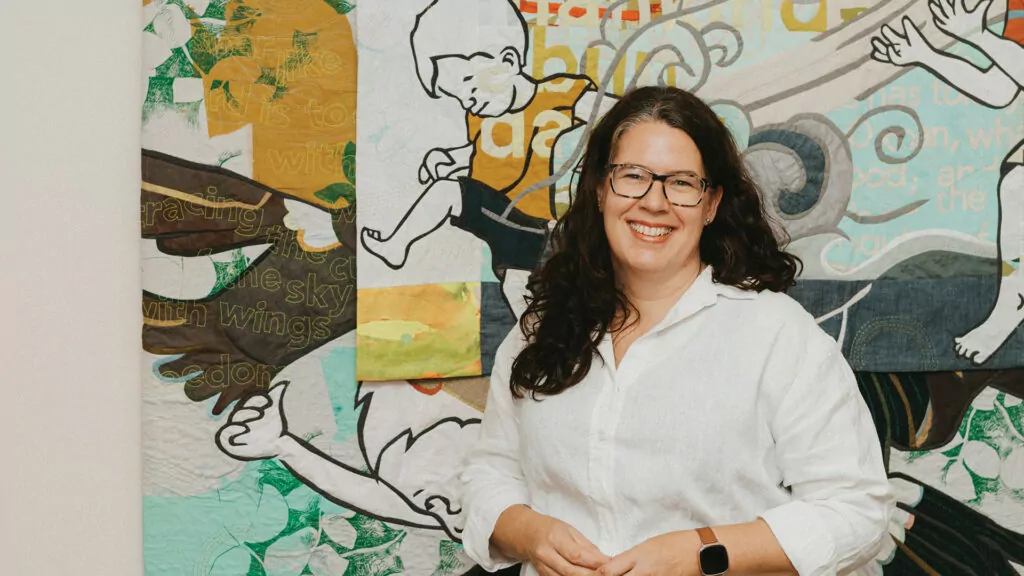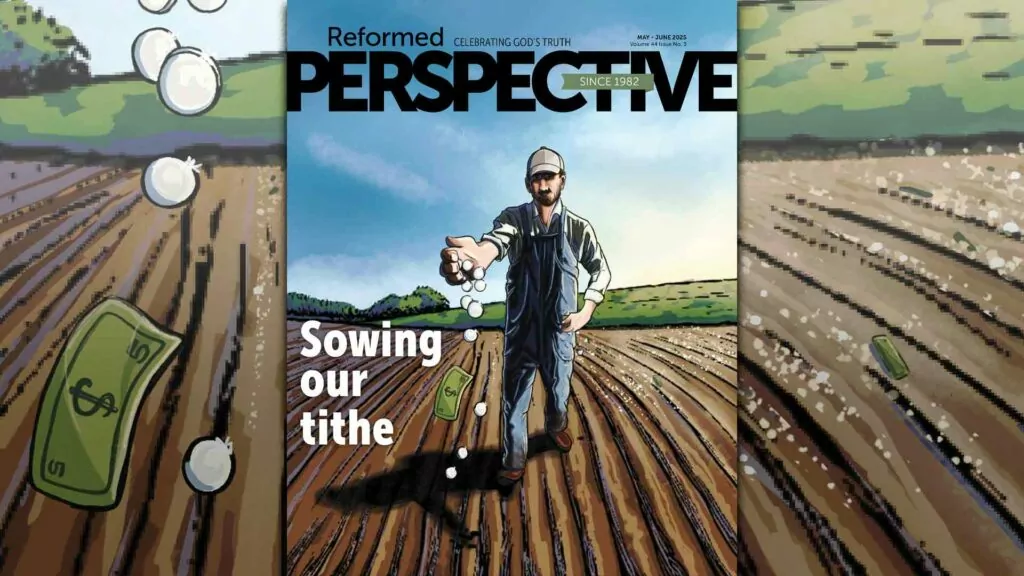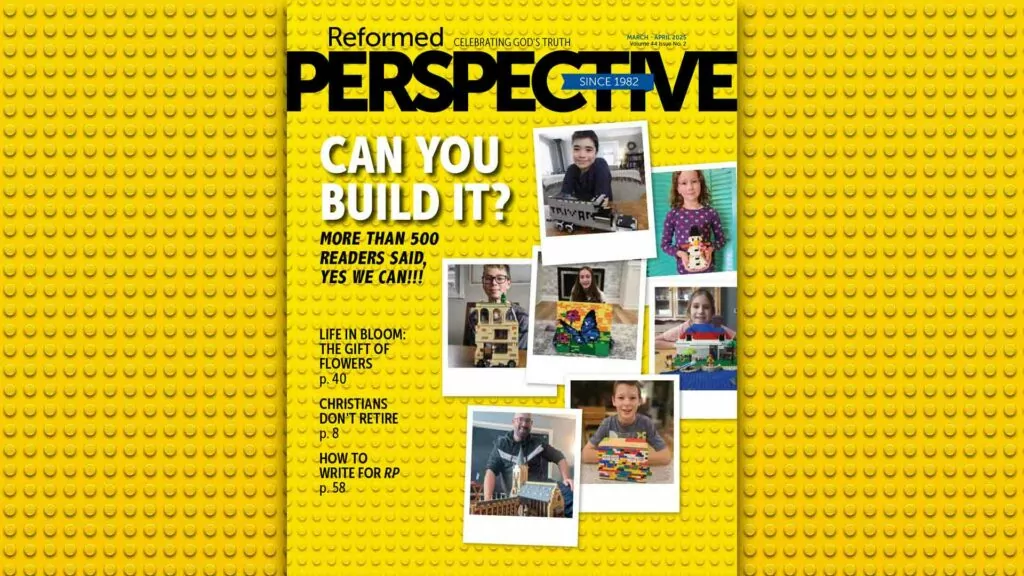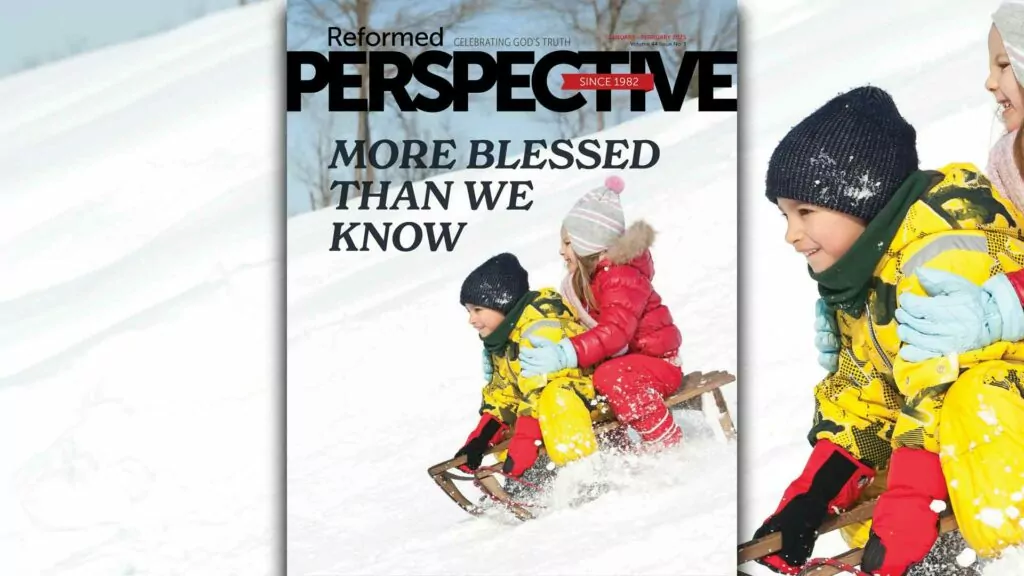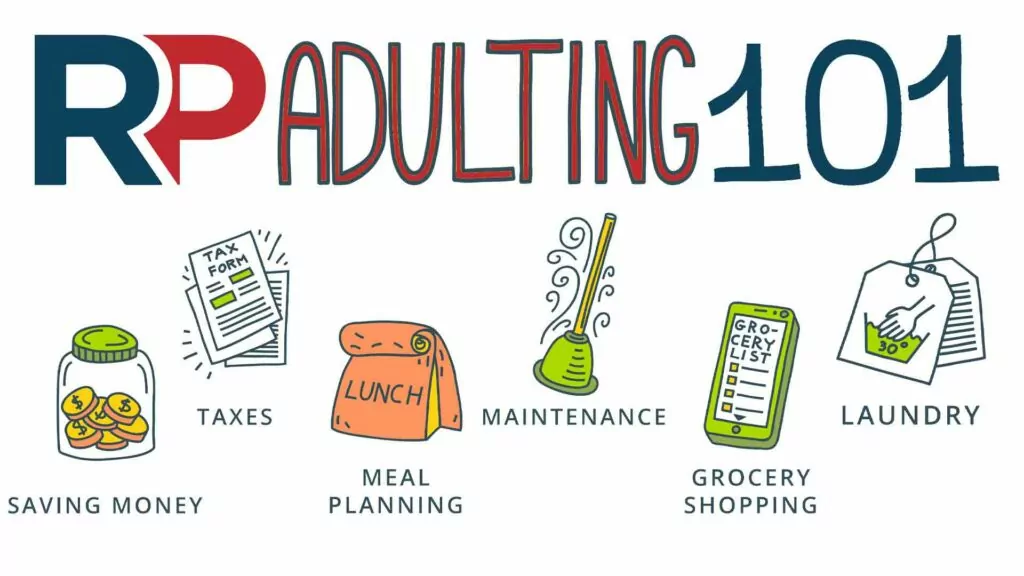Should a Christian ever be discontent?
She sat across from me, sipping coffee, her forehead wrinkled with unhappiness. She’d struggled for two years in a job that clearly made her miserable, and which everyone else thought she should quit. But she couldn’t quite agree, wondering if there was a reason God had blessed her with the position. “I’m trying so hard to be grateful,” she said. “I just want to be satisfied with what I have.”
****
My friend’s words hit me right in my chest. I didn’t know what to say, because I’ve struggled with the exact same issues. When is it okay to give up on the path you’re currently traveling on? When is it okay to quit and change what you’re doing? We know God has a reason for everything He brings into our lives, so doesn’t it just make sense that we should figure out that reason – figure out how to glorify Him in this situation – before we think of moving on to something else?
But like so many other situations in life, we often don’t understand the invisible plans of God, or know what His goal is for us in our current season of life. And so we can be left unsure if it is okay to move on to something else, or if God means for us to learn contentment where we are.
Often, when we find ourselves feeling like I or my friend felt in that moment – recognizing the strain of dissatisfaction running through our lives – we respond with guilt. We might think this discontent points to a lack in our spiritual lives. But is discontent always wrong?
Dissatisfaction certainly can be caused by a spiritual lack. We humans never are satisfied with what we have. We never have enough. If we had the power to change everything in our lives, we still would not feel fulfilled.
But this does not mean we should never take our discontentment seriously. Discontent might be the motivation to change something in our lives that needs changing.
The value of discontent
When we look at other people’s lives, it’s easy to recognize what’s causing them unhappiness, and it’s easy to say they should change these things. In fact, we often wonder why they don’t. This person is still young, so why don’t they try a new career? Or this person has the freedom to move, so why don’t they try living in another city?
But when it comes to ourselves, we see how hard it is to justify our choices to make changes. Is “unhappiness” really a good enough reason, when we know we’re called to be content? To get here we've struggled, we've prayed, we've relied on God to achieve things – and by the grace of God we have achieved them. We know, because our strength was so weak and we needed God's strength so much to get where we are today, that our current situation is straight from the hand of God. What we need to know is if we can be grateful for God’s gifts while still choosing for change.
No wonder people hesitate to make a change!
One way forward is to consider when feelings of discontent have value. This is not to say discontentment should be embraced, but that the feeling can point us to areas of our lives we do actually have power over. So let’s look at discontentment a bit more closely.
We shouldn’t be content with just this world
First, there are some obvious things God intends for us to be discontent about. We are not supposed to be content with the fallen state of the world. We are supposed to be content that all things are in the hands of God, but we are not supposed to look at injustice be pleased about it. Some of our dissatisfaction points us to the new creation we are looking forward to. When we recognize that we never feel fully fulfilled, we also recognize that we are waiting for eternal fulfillment. We live with “eternity in our hearts” – we have a vision of an ideal kingdom this world cannot live up to.
This also means that life’s frustrations, dead ends, and futility were never meant to be part of God’s good creation. No wonder we react so strongly to them. And yet, while we understand this, we also understand God is still holding all the threads of our lives in His hands. We cling to His promise that in him everything that seems meaningless has meaning.
We shouldn’t be satisfied burying our talent
There’s another aspect of discontentment to consider. Contentment ought to be separated from passivity. A wrong emphasis on contentment can make us believe we’re not allowed to change anything in our lives. But contentment and passivity are not the same thing. Perhaps discontentment may be a challenge to us.
We may hide behind “contentment” because we’re afraid to take the risk of change, because we might fail if we try something new. But our dissatisfaction could hint that we are not reaching for goals that we could try to reach. We are not risking the bumps and falls that might develop our skills. Discontentment might tell us we are meant to challenge ourselves. And if we are taking the easier path without really thinking it through, our emotions may be a sign something is wrong. We should consider whether we need to choose a more challenging goal.
If we do not separate contentment and passivity, it can result in a fatalistic determinism. We might conclude that wherever we happen to be, that is where God placed us so it must be where He wants us to be, and therefore we should be content. But this cuts off the possibility that God also blesses us with opportunities. Determinism leads us to say—You’re still single? God must not want you to be married. You’re poor? God must not want you to be rich. Don’t try to achieve anything. Just wait peacefully. Don’t try to change. Everything you’re meant to have will just happen if it’s meant to be.
But clearly this is an unbiblical message.
Learning contentment from Paul
Contentment is still a good thing, and it is a virtue to be pursued in our lives. After much struggle, I’ve realized that while there may be something behind the vague sense of discontent that so often crops up in our lives, and that these reasons can be addressed, contentment is still the goal, not discontent.
How, then, should we pursue contentment while avoiding utter passivity? There are a few things to keep in mind.
Content even as we strive
First, contentment is about where you are in the present moment. It is not a denial of any change in the future. When Paul talks of being content in all circumstances, he was working towards a goal, and the circumstances occurred while he was attempting to achieve it. Having a goal does imply you expect to cause change in the future. So perhaps it is not the goal you’re supposed to avoid having, but the discontent over the difficulties that spring up on the way to the goal. It may in fact turn out to be that the goal is not one you’re meant to achieve, but contentment in all circumstances includes contentment during the deep disappointment that hits when you don’t achieve your goal. In other words – strive! Keep striving! But be ready to be content with what the Lord brings you.
Content in suffering
Another caveat is that contentment in Scripture, including the contentment passage in Philippians 4 (“I have learned in whatever situation I am to be content”), is mentioned in relation to suffering. It is an approach to situations that are not in Christians’ control. When life is hard, especially when life is hard as a result of being Christians, Christians are to be content. So the intent is not to say, “don’t change your life path,” but rather, “I know you’re suffering, and this is where you can find comfort.” These passages also emphasize that no circumstances of life ever prevent us from being saved by God – whether in chains or free, whether rich or poor – no one needs to be discontent because their circumstances prevent them from truly being Christians. If such circumstances did exist they would surely be reason for despair—but thanks be to God there are none!
We can be content because our circumstances do not prevent our salvation.
Content when we have choices and when we don’t
We all suffer in some way, but in comparison to many Christians in the Bible we are faced with an endless array of choices – we can choose a career, we can choose a spouse, we can choose where we want to live, we can choose to travel, we can choose our level of education. It’s not a surprise the Bible doesn’t predict that we in the future would be faced with this array of choice, and advise us on how to wrap our minds around the dizzying display. And therefore it is not a surprise when we try to apply biblical principles to our choices instead of our sufferings, and end up at the conclusion that we should never desire anything, and never try to achieve anything.
But rather than arriving at this conclusion and automatically accepting it, we should think about whether this is really correct. We are to be content in situations we can’t change, including those which are really, really hard. But our contentment in the present moment doesn’t prevent us moving from one choice to another in the future.
Second, we often think contentment means being stationary unless we’re sure God means for us to move. But Paul did not always sit and wait until absolutely sure that God was sending him somewhere else. If he was called by the Spirit he followed, but he continued to work and preach in all places while waiting for the Spirit’s call. He often made plans to go to different places, or to start new missions. When the Spirit of God prevented him from preaching throughout Asia Minor, he continued trying in place after place until he reached the sea – only then did he realized he was being called to Macedonia. In other words, sometimes we are not sure what we should do, but we do not necessarily have to wait for a firm confirmation from God before every action.
Content in the day-to-day faithfulness
Lastly, we are often discontent with our lives not because of the goals but because of the mundane tasks and the drudgery. Our actions seem so little, and so dull. We cry, like me and my friend did when we were having coffee, “I just want to work in God’s kingdom!” But perhaps the cathedral builders did the same, as they painstakingly placed stone on stone for hundreds of years, unable to see the buildings we’d gasp at in wonder today. Perhaps our grandparents did the same as they struggled to get their children to listen to a Bible story, not knowing if the generations who’d follow would do the same.
When we ask God to use our lives according to His plans, we sometimes suppress a fear that God doesn’t want us to go anywhere, or do anything. This is our fear when we walk into the office and face a mountain of paperwork that needs to be done but hardly seems worthwhile – am I really contributing to God’s kingdom, we wonder? But our God is not a God of waste. If we are to be ordinary, it will be worthwhile.
Our call to contentment brings us to a new understanding, where ordinary labour is not undervalued. We are not pressured to all conform to the mould of world-changer. We can put our hand to the task in front of us without fear our efforts will be washed from the earth, because we know they’re seen by the eyes of God.
Conclusion
What, then, is contentment?
First, it is a focus on the kingdom of God, not the kingdom of the world. It shifts our focus from yearning for the things of this world, such as money, fame, or power. We can trust there are eternal things that we are building, and contentment means that we can rest.
Second, it is not a struggle with God over what can’t change. While we are not called to passivity, in our lives we will sometimes be told “no.” This is where we are most often tempted to fight, not necessarily with our actions, but with a rebellious spirit that insists on despising the situation forced on us. Only by looking to God in His Word and in prayer will we find the strength to turn back to contentment again.
When my friend and I left the cafe, our lives were still the same as when we had come in. Yet somehow Christian company and very good coffee gave us new capacity to rest in the goodness of God.
Harma-Mae Smit blogs at HarmaMaeSmit.com. ...














































